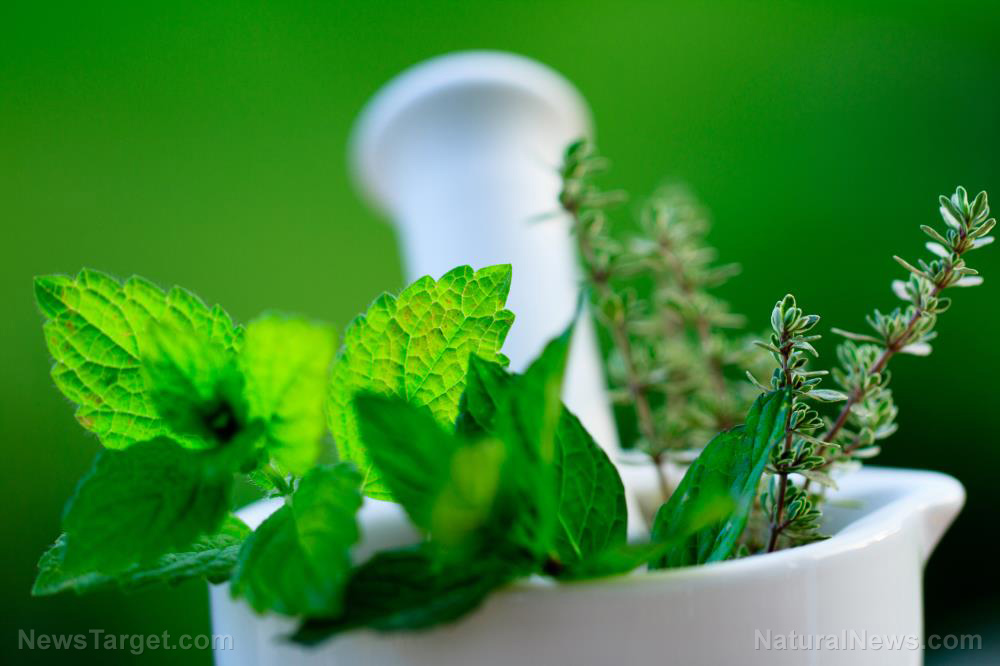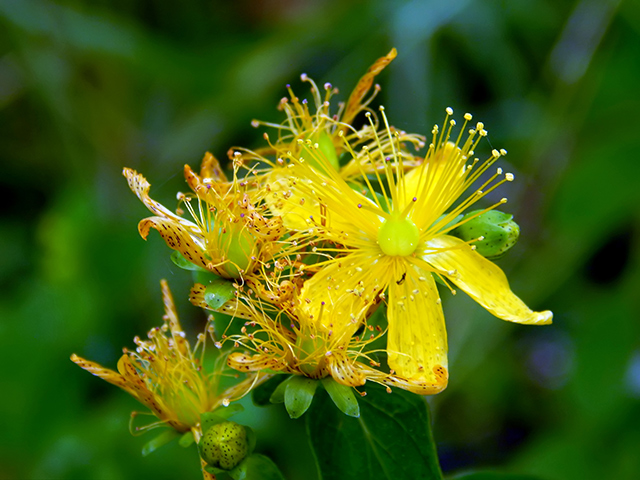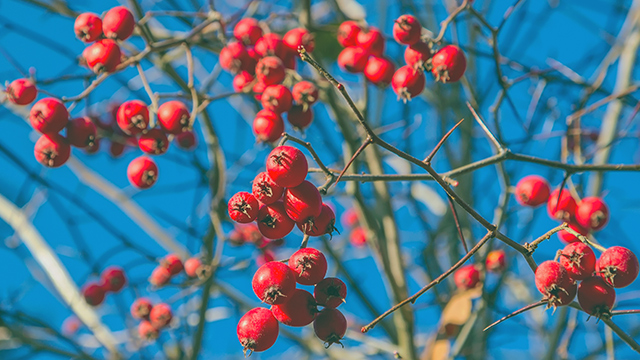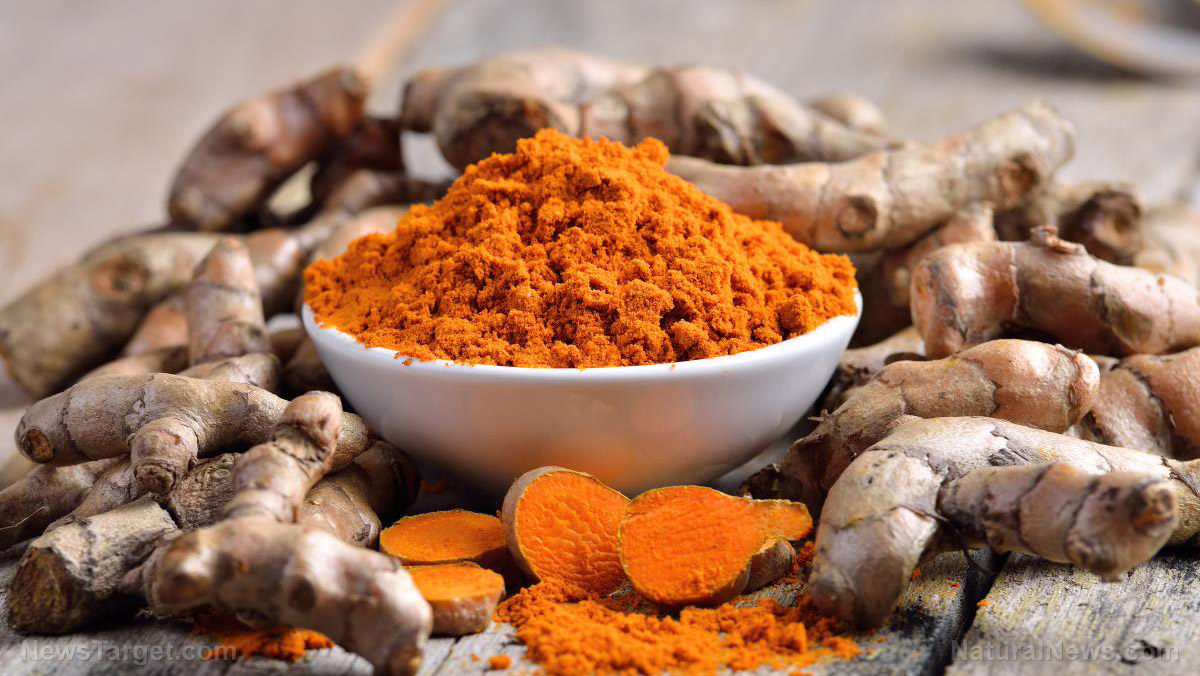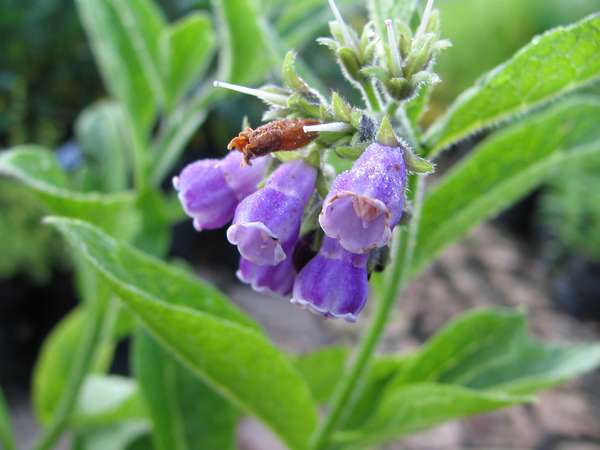Medicinal plants for preppers: How to identify yarrow, a natural astringent
11/16/2020 / By Zoey Sky

Preppers are resourceful people. They are also knowledgeable and can recognize the usefulness of certain plants, even one as unassuming as yarrow. Despite looking like a useless weed, yarrow has plenty of beneficial properties. (h/t to SurvivalSullivan.com)
What is yarrow?
Yarrow (Achillea millefolium) is a potent natural astringent. It is also known as devil’s nettle, the nosebleed plant and old man’s pepper.
Yarrow is called the nosebleed plant because you can use yarrow leaves to help stop a bleeding nose. Each part of a wild yarrow plant that grows above ground can be used to make natural remedies.
Yarrow has a sweet and slightly bitter tang. Wild yarrow tastes and smells a little like common cooking herbs, such as oregano, rosemary and tarragon.
Yarrow’s health benefits and medicinal uses
Yarrow contains flavonoids, terpenes and other beneficial phytochemicals. The herb also contains organic acids, phenolic acids and tocopherols.
Here are some of the useful chemicals in yarrow and what they can do:
- Alpha-pinene has bronchodilating properties. Bronchodilators help relax and open the airways (bronchi) that lead into your lungs.
- Borneol can help boost circulation. It can also help prevent or correct breech labor in pregnant women.
- Camphor and camphene have antimicrobial properties. They are quickly absorbed by the skin and can be used as natural decongestants or cough suppressants.
- Chamazulene has anti-inflammatory properties.
Yarrow can be used to clean wounds and is believed to promote faster healing. You can use yarrow oil to naturally clear up acne and reduce scarring.
Yarrow also helps tighten skin and prevents sagging and wrinkles by helping maintain proper pH balance on your skin’s surface.
Yarrow can also be used:
- For anxiety relief
- As a fever reducer
- For insomnia relief
- As a natural sedative
- To relieve menstrual cramps
- As a remedy for toothache
Tips for identifying yarrow
When foraging for yarrow in the woods or in your backyard, remember the tips below to quickly identify this medicinal herb:
- Yarrow can grow from one to three feet tall.
- The plant has a cluster of either white or pink flowers with a small yellow dot in the center.
- Yarrow blooms from the late spring through the fall throughout the continental U.S. and most of North America.
- The herb prefers dry soil and full sun.
- You can find yarrow in hayfields, livestock pastures and, rarely, along the sides of the road.
- Wild yarrow looks like wild carrots (Queen Anne’s Lace) or poison hemlock. But unlike wild carrots, yarrow flowers don’t have an umbrella shape. Compared to poison hemlock, yarrow doesn’t have a single flower per stem or purple blotched stalks.
- The stem of a yarrow plant doesn’t have fine white hairs like Queen Anne’s Lace and is more rigid in texture.
- Crushed yarrow leaves smell a little spicy and not musty like poison hemlock. Yarrow leaves don’t have a “carrot” smell like Queen Anne’s Lace.
- Wild yarrow leaves are coarse and have a feathered or fern-like shape.
How to use yarrow and a recipe for yarrow tea
Yarrow can be used to make a healing herbal tea. You can also make a poultice from its leaves that can help stop bleeding. Additionally, yarrow can be used to make tinctures and oil infusions. (Related: Your SHTF medicinal herb kit should contain yarrow.)
Drink yarrow tea while warm or use the cooled mixture as an astringent wound wash. Note that the most common yarrow dose for adults is approximately four and a half grams per day. This is recommended for addressing inflammatory problems.
Yarrow tea
Ingredients:
- 1 cup of water
- 1 sprig of yarrow, either freshly picked or dried
- 1 teaspoon of peppermint or spearmint leaves, fresh or dried (optional)
- 1/2 teaspoon of honey or licorice root (optional)
Preparation:
- Bring the cup of water and licorice root to a boil.
- Stir in all the yarrow, peppermint leaves and honey.
- Let the yarrow tea mixture steep for 20 minutes.
- Strain the other ingredients and pour the liquid into a cup. Let the tea cool down a little before drinking.
Considerations when using yarrow for home remedies
Yarrow is relatively safe to use, but the herb may sometimes trigger allergic reactions (e.g., skin rash). Double-check if you are allergic to yarrow before drinking yarrow tea or using it as a poultice.
Prolonged ingestion or topical exposure to yarrow can also enhance skin photosensitivity. If you are sensitive to ragweed or hay fever plants, such as chrysanthemums, daisies and marigolds, you may experience similar allergic reactions to yarrow.
Yarrow contains thujone, a natural compound that may not be safe for everyone to consume.
Keep your pets away from yarrow. Yarrow may harm cats, dogs and members of the equine family. Pets exposed to yarrow may experience diarrhea, hypersalivation or vomiting.

If you are pregnant or nursing, don’t use yarrow. It’s also not advisable to use the herb within two weeks of undergoing surgery since yarrow can slow down blood clotting. But if none of these applies to you, you can enjoy drinking yarrow tea every day to relieve anxiety, toothaches or menstrual cramps.
Sources include:
Submit a correction >>
Tagged Under:
alternative medicine, bleeding, emergency medicine, first aid, herbal medicine, Herbs, natural medicine, natural remedies, off grid, preparedness, prepper, prepping, SHTF, survival, survival medicine, survivalist, tips, wounds, Yarrow
This article may contain statements that reflect the opinion of the author
RECENT NEWS & ARTICLES
Herbs.News is a fact-based public education website published by Herbs News Features, LLC.
All content copyright © 2018 by Herbs News Features, LLC.
Contact Us with Tips or Corrections
All trademarks, registered trademarks and servicemarks mentioned on this site are the property of their respective owners.




